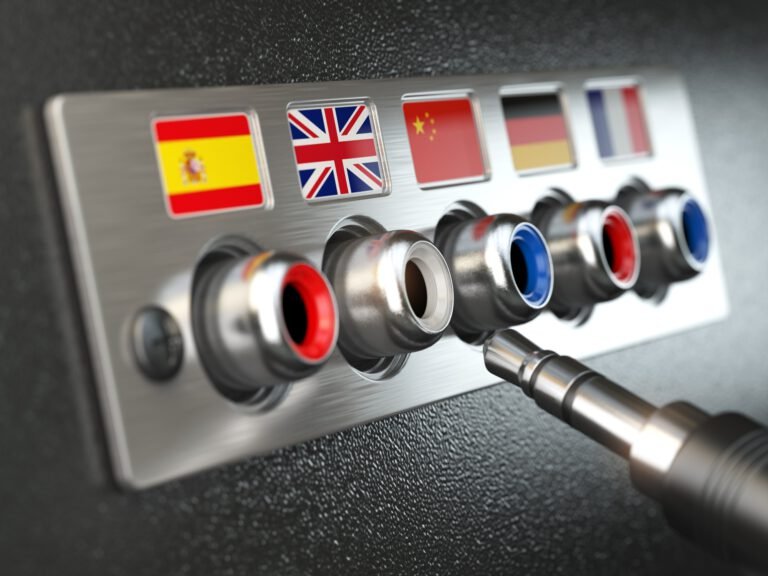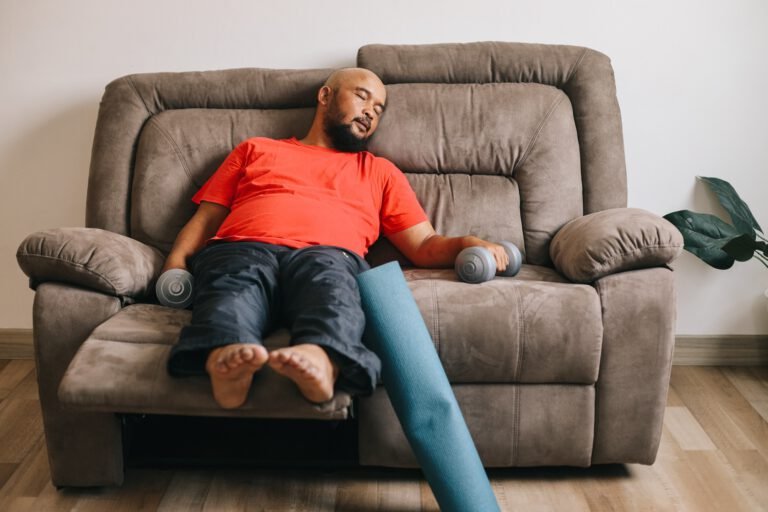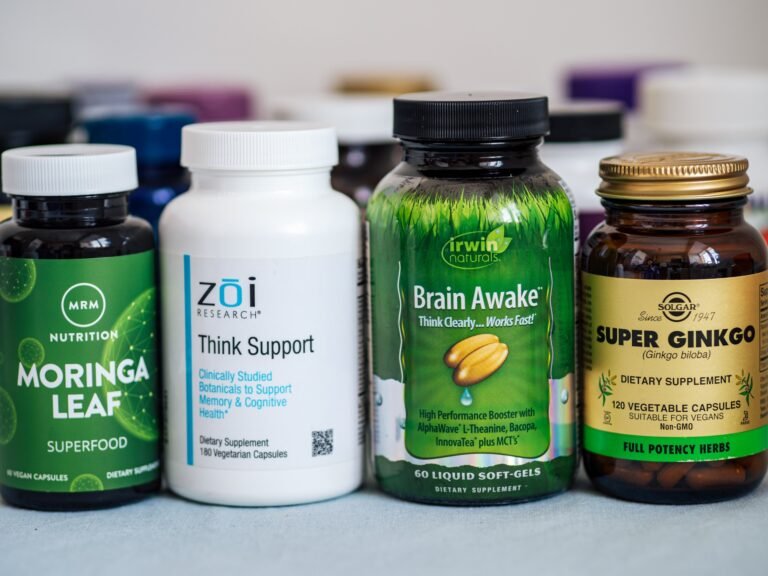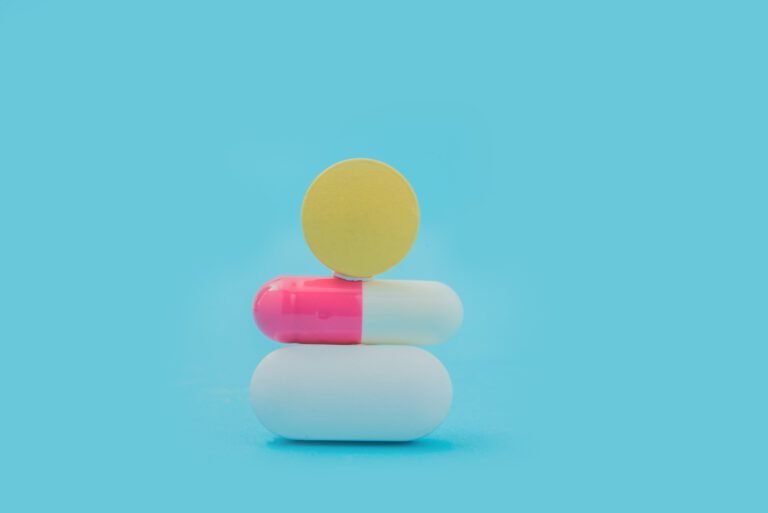Step 1: Create a Focus-Friendly Environment
ADHD brains are easily distracted, so setting up a workspace that minimizes distractions is key.
- Declutter Your Space: Keep only the essentials in your immediate work area. A clean space means fewer visual distractions.
- Use Noise Management: To block out background chatter, try using noise-canceling headphones, listening to instrumental music, or playing white noise. You might find “adding noise” helps too. Check out this article.
- Adjust Lighting: Bright but comfortable lighting helps keep your energy up without causing overstimulation.
When I started using noise-canceling headphones during work, I found it much easier to tune out background noise and zero in on my tasks.
Step 2: Break Tasks Into Bite-Sized Pieces
Big tasks can feel overwhelming, so break them into smaller, manageable chunks.
- Make a List: Write down each step of the task instead of just the big picture.
- Set Timers: Use the Pomodoro Technique (25 minutes of work, 5 minutes of break) to stay engaged.
- Celebrate Small Wins: Check off each completed step—it’s a dopamine boost your ADHD brain will love.
Step 3: Use External Cues to Stay on Track
Relying on memory isn’t always effective with ADHD, so let external tools keep you focused.
- Set Alarms or Timers: Use your phone or smart devices to remind you of appointments and transitions.
- Try Visual Aids: Sticky notes, color-coded calendars, or whiteboards can help you keep priorities front and center.
Step 4: Move Your Body to Energize Your Brain
Physical activity can help your ADHD brain get the dopamine it needs to focus better.
- Start Your Day with Exercise: Even 10 minutes of stretching or walking can boost focus.
- Take Movement Breaks: Get up and move around during work or study sessions to reset your brain.
Step 5: Make It Fun or Interesting
ADHD brains thrive on novelty and excitement. If a task feels boring, find ways to make it more engaging.
- Turn It Into a Game: Challenge yourself to finish a task before a timer runs out.
- Pair Tasks with Rewards: Treat yourself to a snack or fun activity after completing a task.
Step 6: Manage Your Energy, Not Just Your Time
Pay attention to when you naturally feel most focused and schedule your hardest tasks for those times.
- Morning Person or Night Owl? Identify your peak energy hours and align your work accordingly.
- Take Breaks: Short breaks between tasks help prevent burnout and keep your mind fresh.
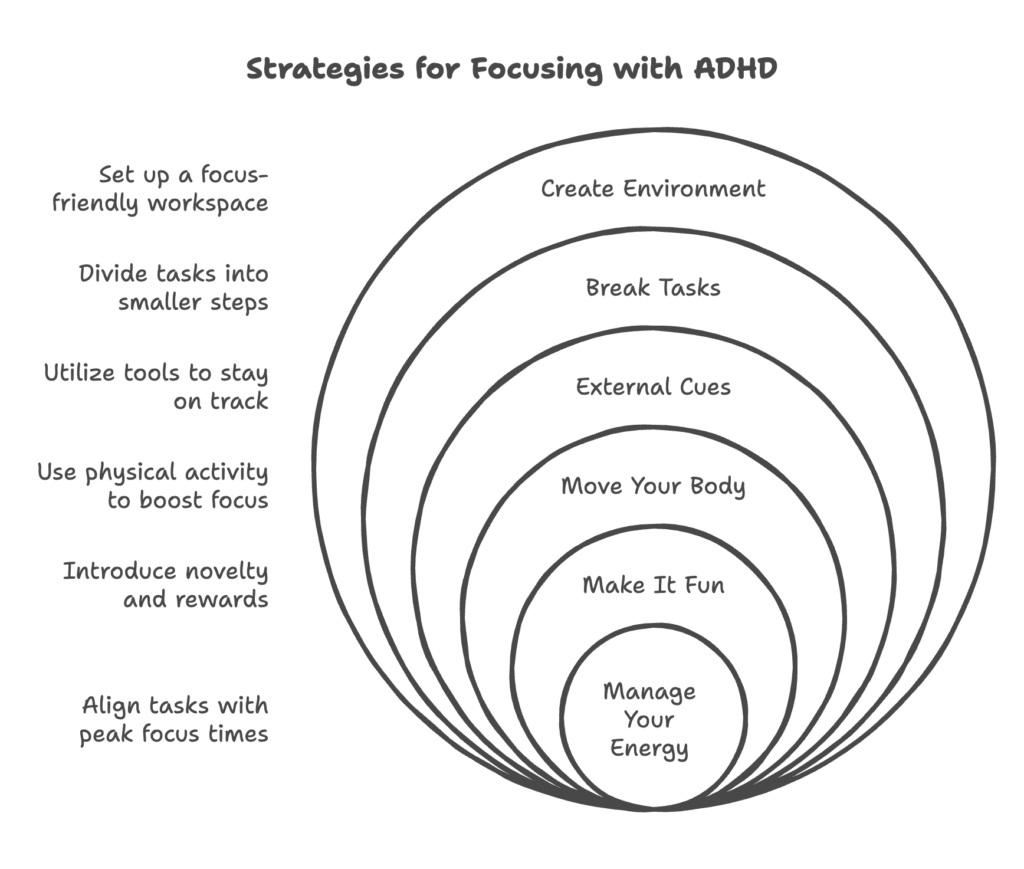
Pro Tip
Set realistic goals for your focus sessions. It’s better to do three solid 15-minute sessions than to expect three hours of straight focus. Progress is what matters—not perfection!
Final Thoughts
Focusing on ADHD without medication is possible—it just takes a mix of the right environment, habits, and a bit of trial and error to find what works for you. By breaking tasks into smaller steps, using external tools, and making room for movement and fun, you can harness your ADHD brain’s unique strengths. Also, check out: “Do I Have ADHD or Am I Just Lazy?“




